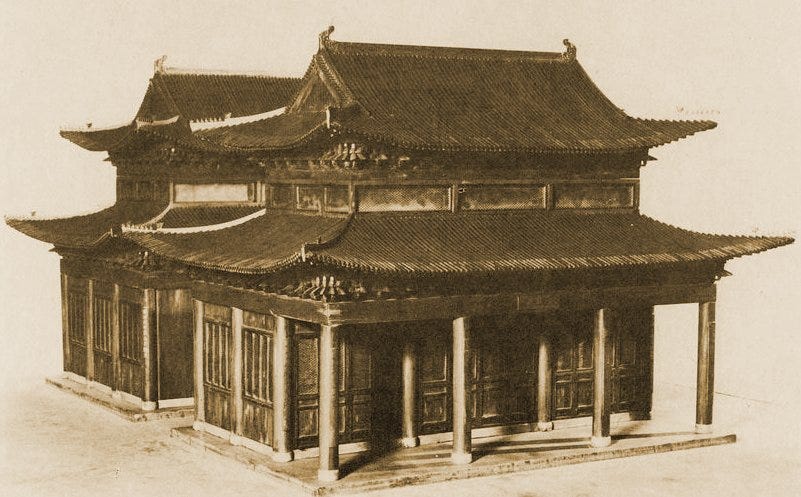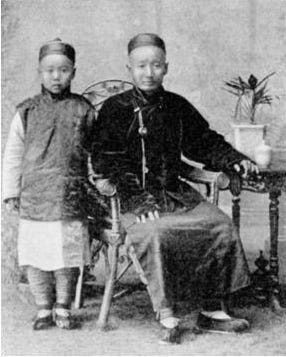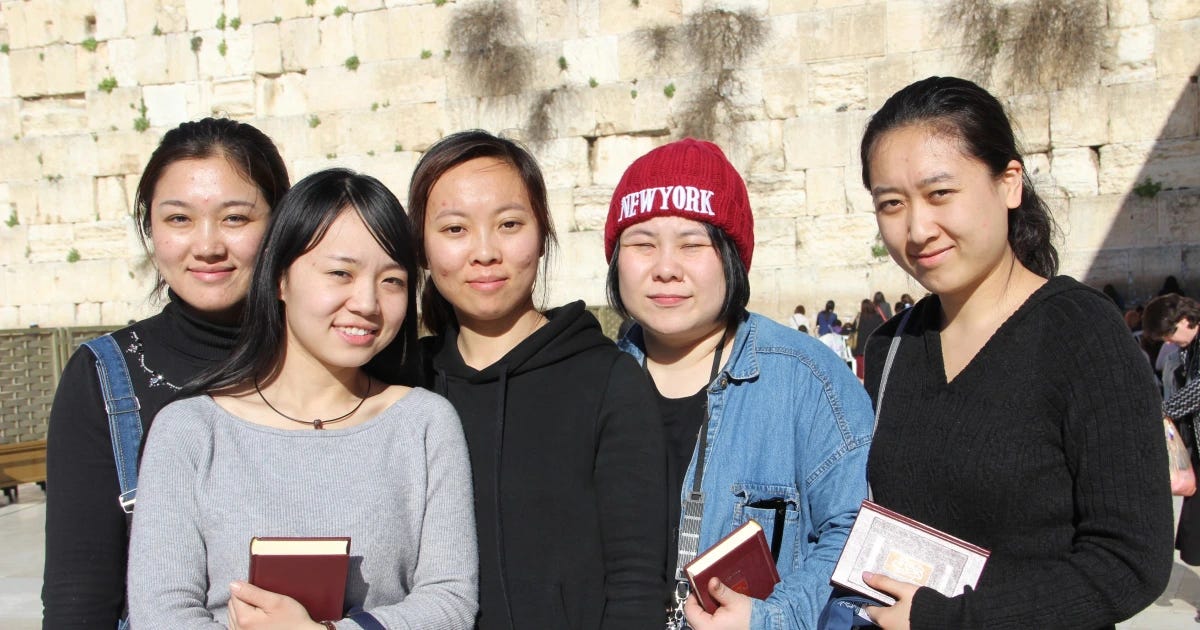The Kaifeng Jews form an obscure but fascinating chapter in Jewish history. Named after the central Chinese city of Kaifeng, they settled in Keifong during the Song Dynasty (960–1279).
They arrived via the Silk Road trade route from the Middle East, likely from Iran and possibly Iraq. By the time they established themselves in Kaifeng, the city had become a thriving cosmopolitan center, and the Jewish community grew and prospered. Keifond has nearly 5 million people today and was at one point the capital of China.
In Kaifeng, the Jews maintained an active religious and cultural life. They built a synagogue in the 12th century and followed traditional Jewish practices.
Over time, however, they began to adopt local Chinese customs, with their religious texts increasingly written in Chinese, and their traditions influenced by Confucianism and Chinese culture. Despite adopting Chinese names, dress, and language, they preserved their Jewish identity for centuries.
The Ming Dynasty (1368–1644) saw the Kaifeng Jewish community reach its peak. A new synagogue was built, and the Jews became one of the city's "eight great clans," earning them recognition and respect within society.
By the 17th century, the community faced a steady decline. Frequent flooding of the nearby Yellow River repeatedly destroyed their synagogue, and the community struggled to maintain its religious practices and connection to Jews outside of China. This led to increased assimilation, including intermarriage. By the 19th century, most of Kaifeng's Jews no longer practiced Judaism, though some families retained knowledge of their Jewish roots and passed down traditions orally.
Interest in the Kaifeng Jews revived in the modern era after Western travelers and missionaries rediscovered the Jewish community and history. In the 20th century, a few outside Jewish organizations attempted to restore Jewish life in Kaifeng. Since the late 20th century, descendants of the Kaifeng Jews, a tiny population of just a few hundred, have begun reconnecting with their Jewish heritage. Some have emigrated to Israel, reclaiming their Jewish identity through formal conversion, while others have sought to revive Jewish culture and traditions within Kaifeng itself.
.
Further reading:
Chinese authorities crack down on tiny Jewish community | The Times of Israel
.







